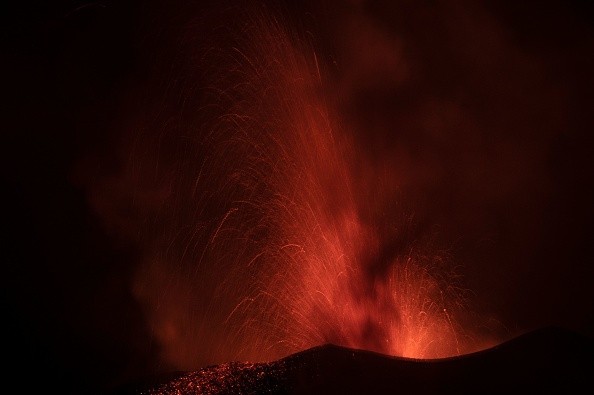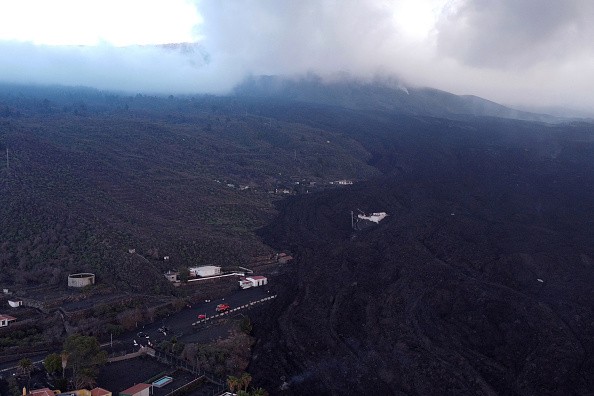La Palma's volcanic eruption hasn't shown any sign of coming to an end after 85 days, making it the island's longest on record. Since the eruption started on Sept. 19, it has surged and receded.

Cumbre Vieja Volcano Unexpectedly Springs Back to Life
Almost 3,000 structures have been damaged and thousands of people have been forced to leave their homes as a result of the disaster.
It was Sunday when the Cumbre Vieja volcano unexpectedly erupted with thunderous explosions and a huge ash cloud, which had been quiet for many days, according to Phys.org.
Volcanic eruptions are said to be unpredictable by scientists. Experts in Spain first estimated a 3-month duration for the La Palma eruption.
High-ranking government official Mariano Hernández classified the volcano as "stable" recently. In an interview with Spanish public television RTVE, he said, the reality is that all the critical indicators have been poor. However, scientists aren't willing to speculate on a specific end date.
Experts are still monitoring the local sulfur dioxide levels and the frequency and magnitude of earthquakes, he added.
24 Earthquakes Recorded in the Area
There were 24 earthquakes recorded between Saturday and Sunday, but no one in the area felt any of them.
Although the eruption has caused extensive damage, no one has been harmed or killed. There are large swaths of cropland under the lava rivers that are spilling molten rock into the ocean.
Most of La Palma has been substantially unaffected, with the exception of a small area in the southwest.
The Canary Islands, a popular European holiday destination, are located off the northwest coast of Africa.

Impacts of La Palma Eruption
As many as 700 to 800 people in the western village of Los Llanos de Aridane were ordered to evacuate their houses, according to emergency services previous tweet.
After starting on September 19, La Cumbre Vieja has already displaced over 6,000 people and destroyed 1,200 structures, burning 600 ha (1,400 acres) of land on the Atlantic island off Morocco's coast.
The Spanish National Geological Institute said that there were about 64 seismic movements as of Oct., with the biggest registering 4.1.
Enrique, a 50-year-old Spanish resident said, "We want to pick up documents and other things because our whole life is in that house and we cannot collect over 30 years in five minutes."
There was an evacuation order issued when a cement plant was damaged by the lava flow and hazardous gas concerns were raised.
Banana and avocado crops and almost all of the homes in Todoque were destroyed when a partly fallen volcano cone sparked a fresh lava flow. Since the previous eruption in 1971, this is just the island's third volcanic eruption.
Related Article : La Palma Volcano Hurls Molten 'Lava Bombs' as Eruption Shows No Sign of Slowing Down
For more news, update about volcanoes and similar topics don't forget to follow Nature World News!
© 2025 NatureWorldNews.com All rights reserved. Do not reproduce without permission.





